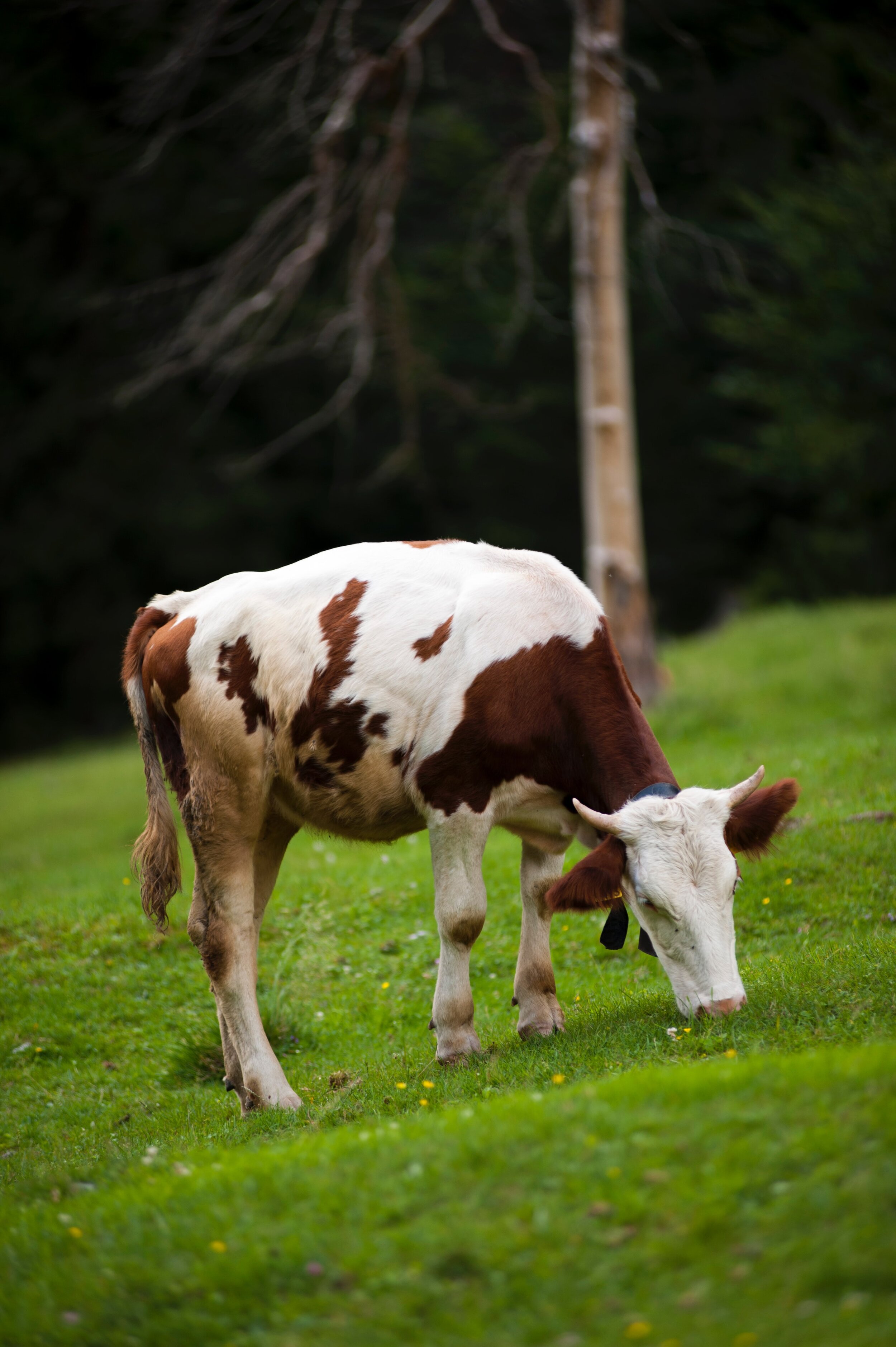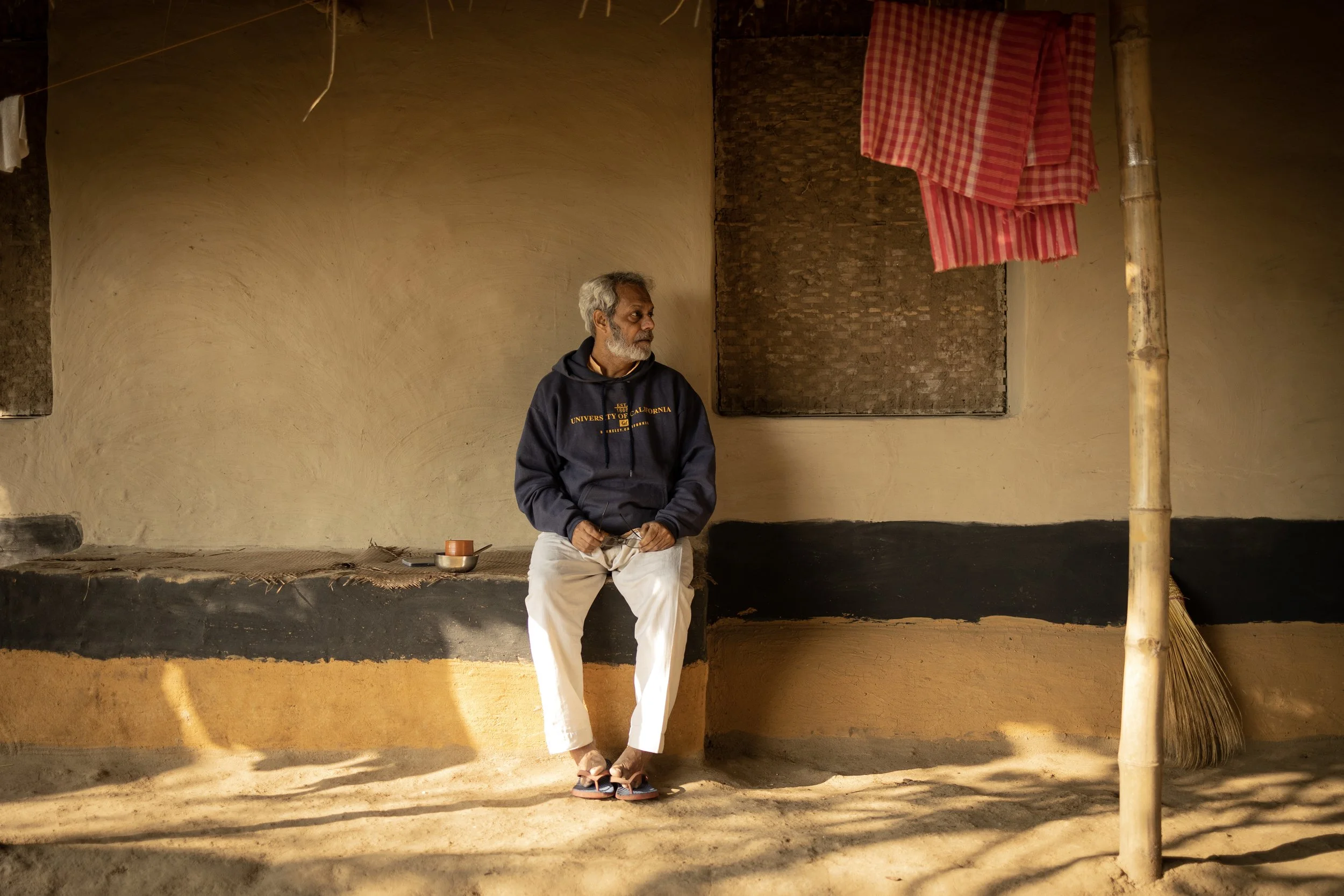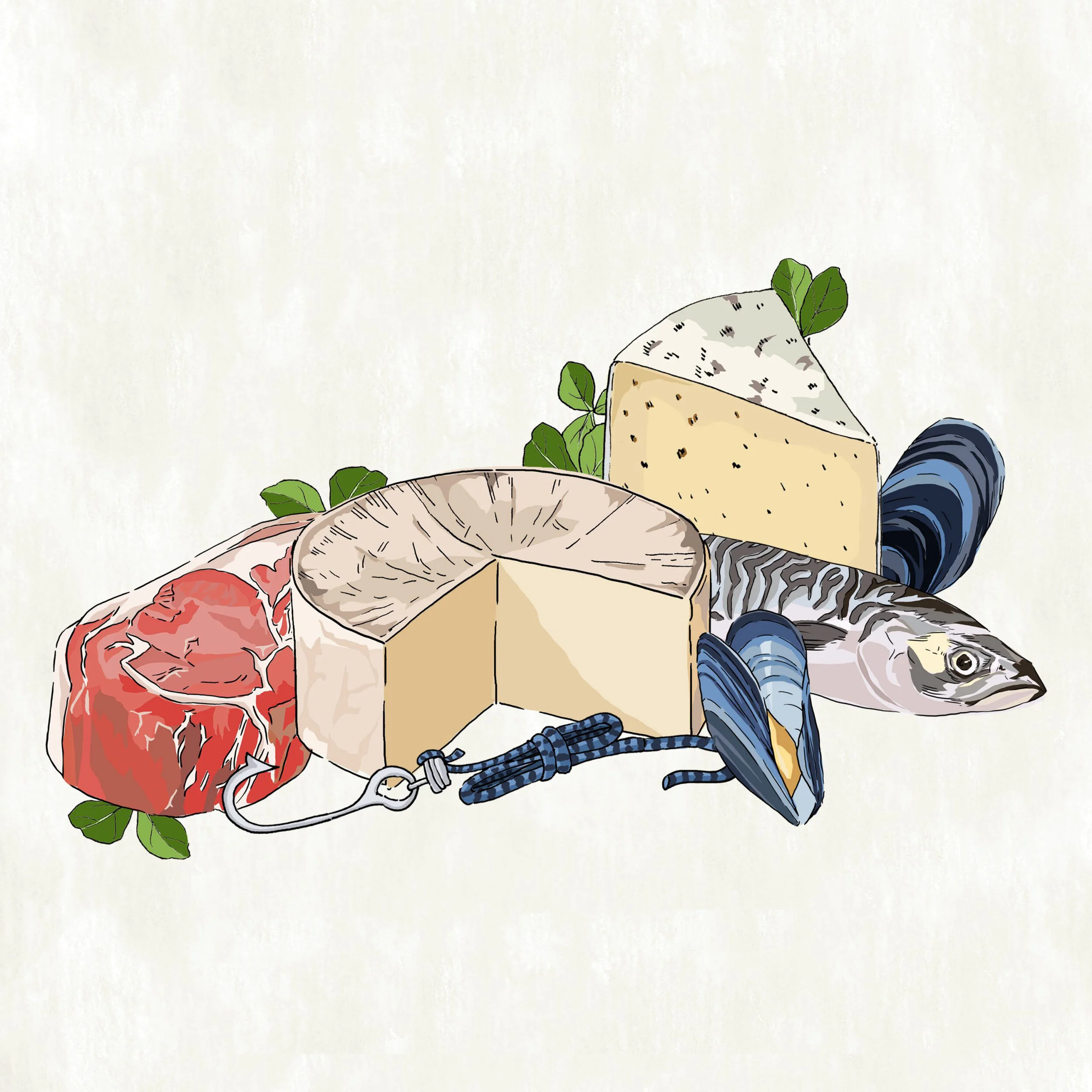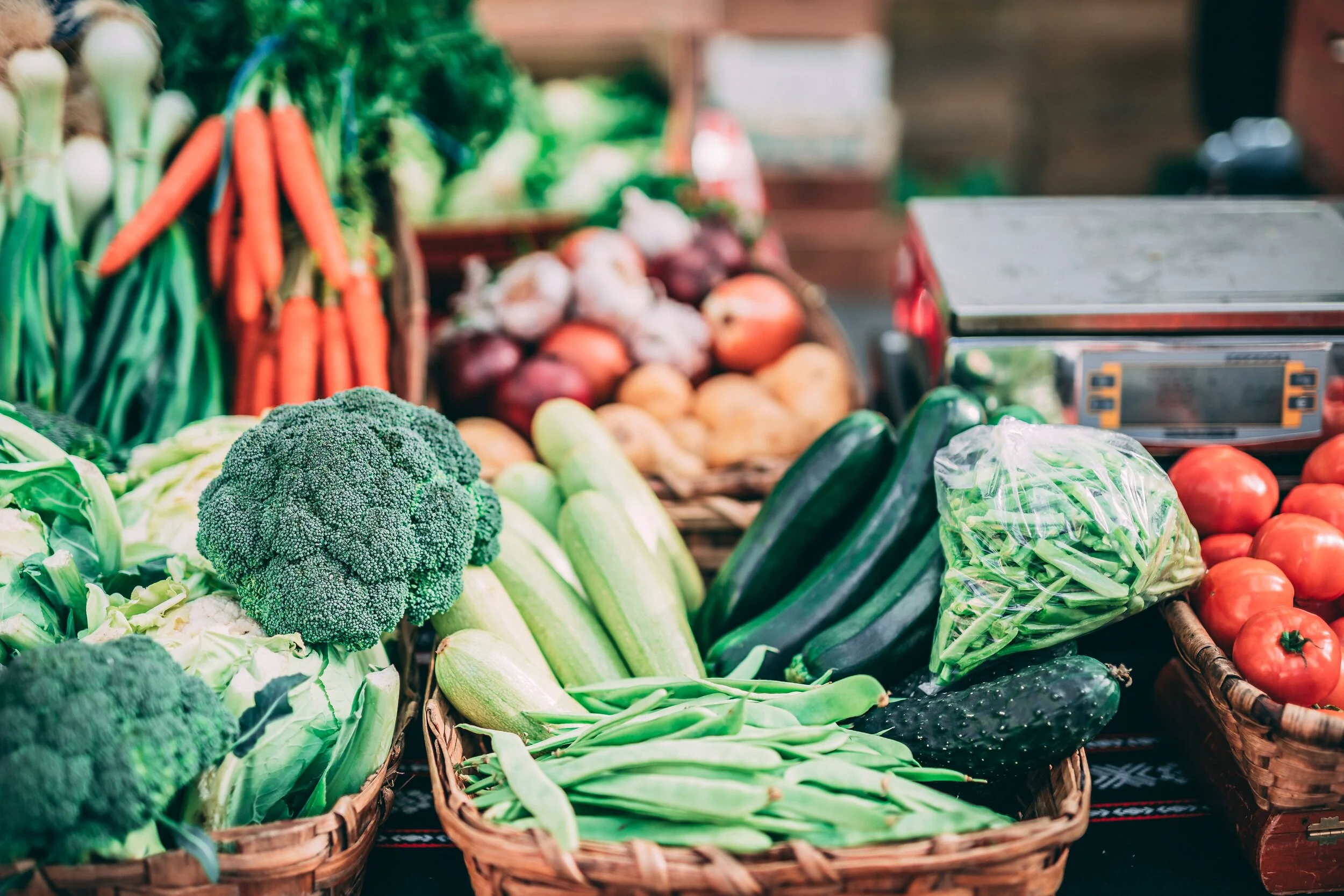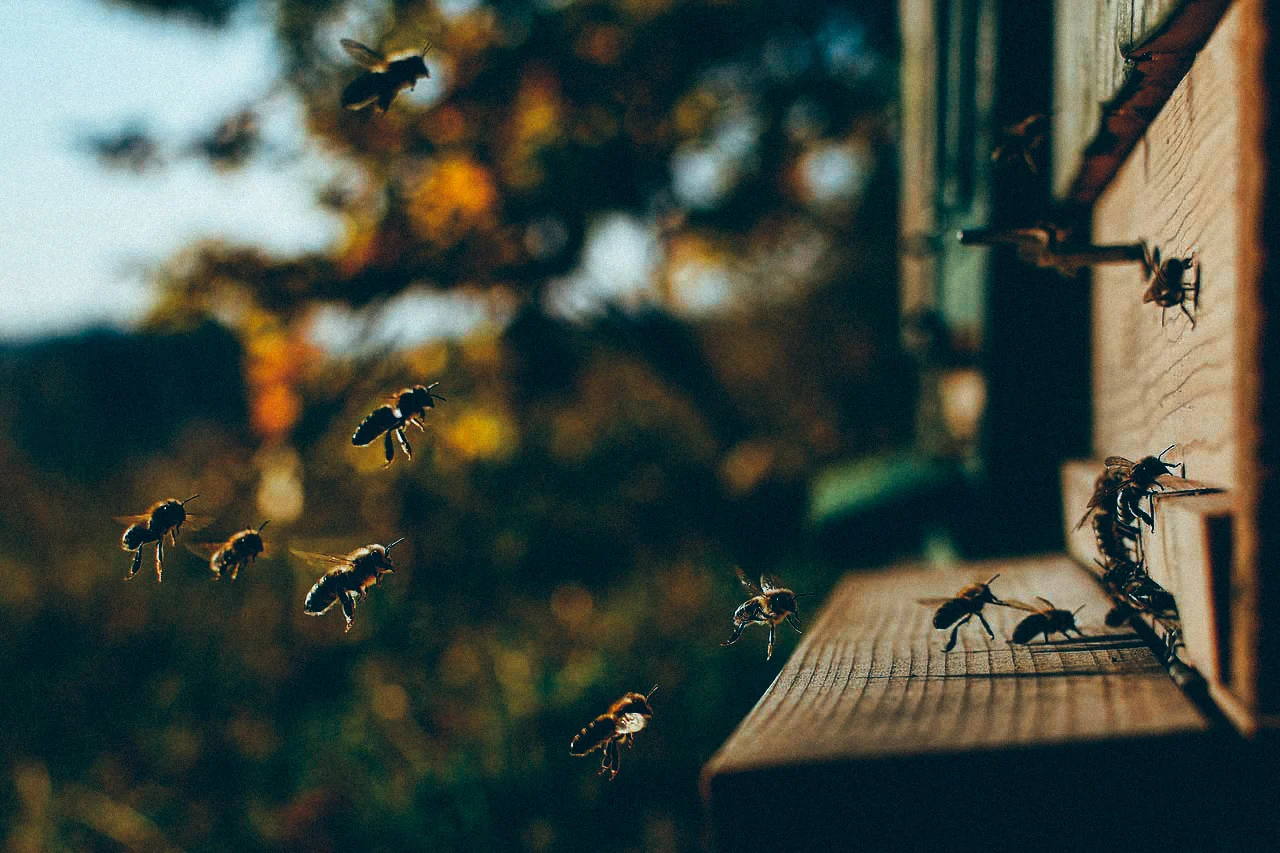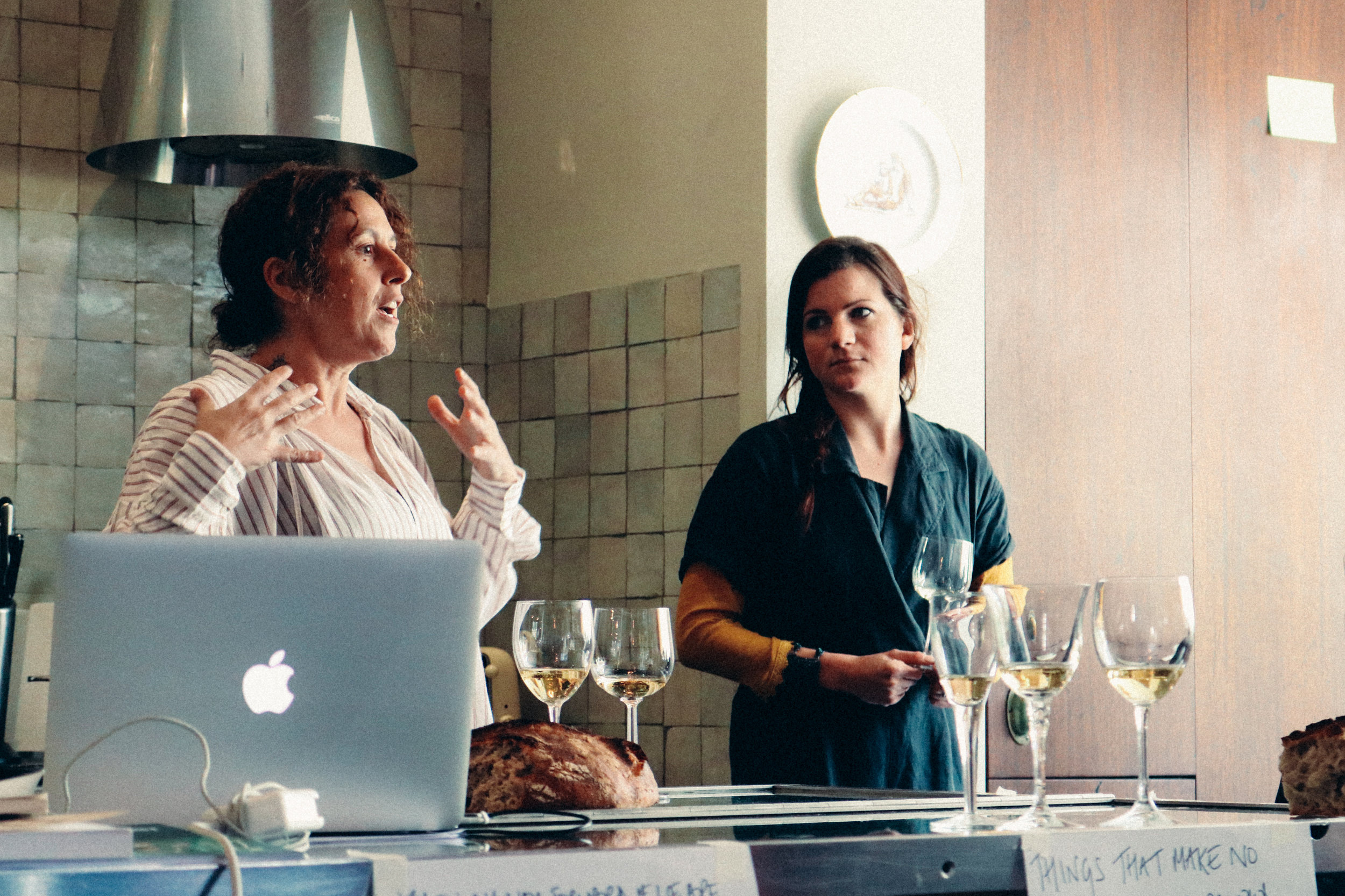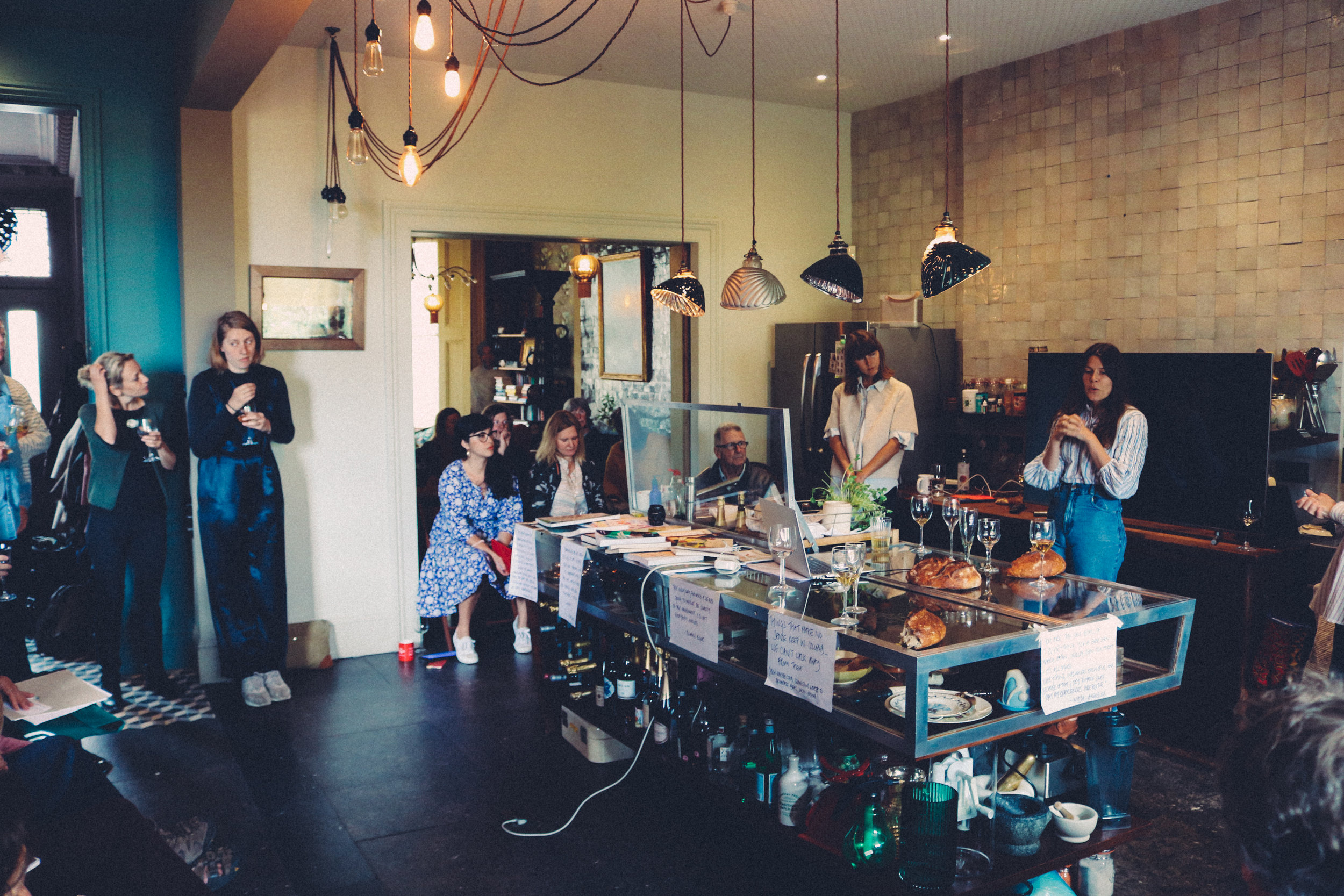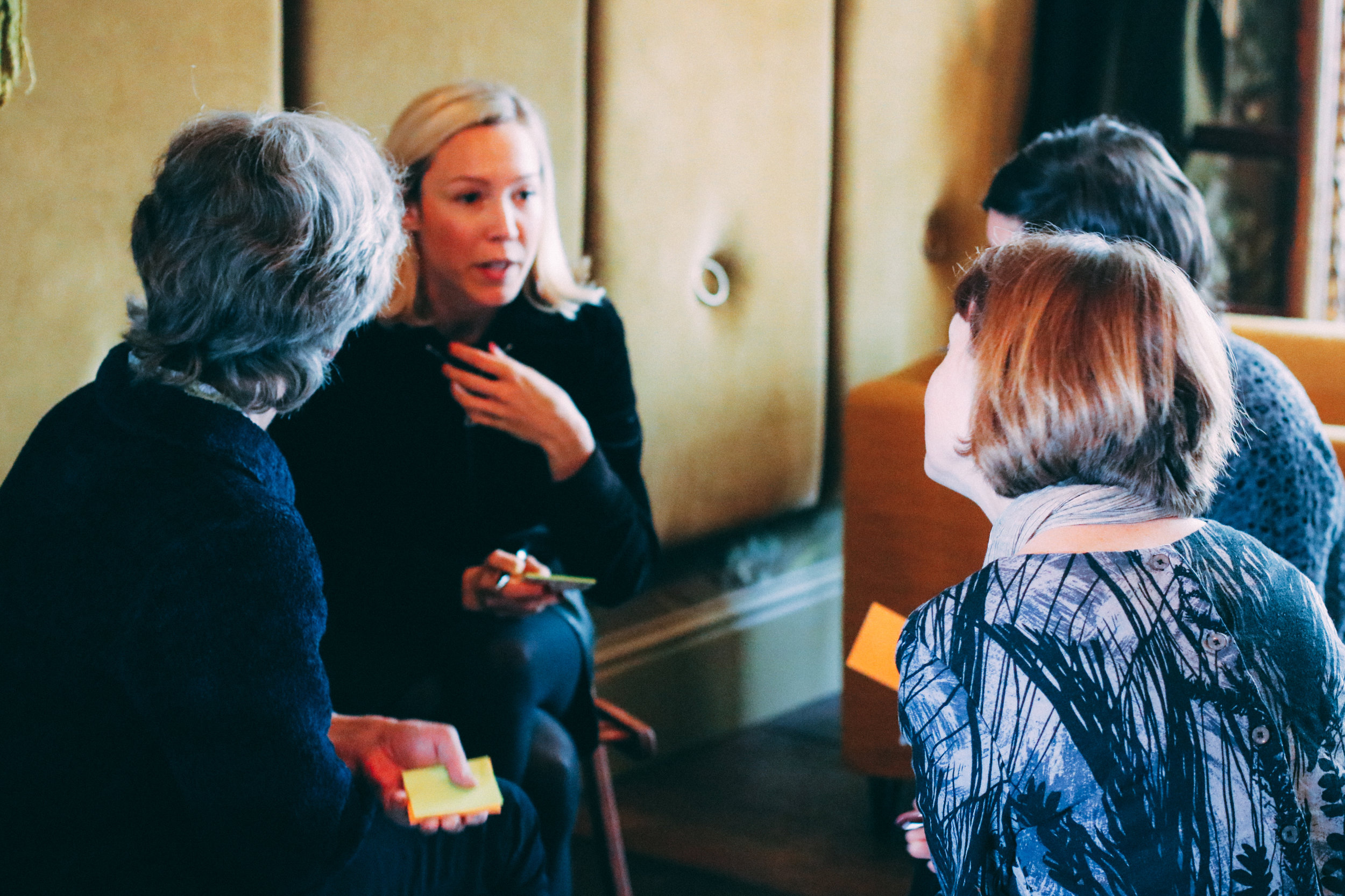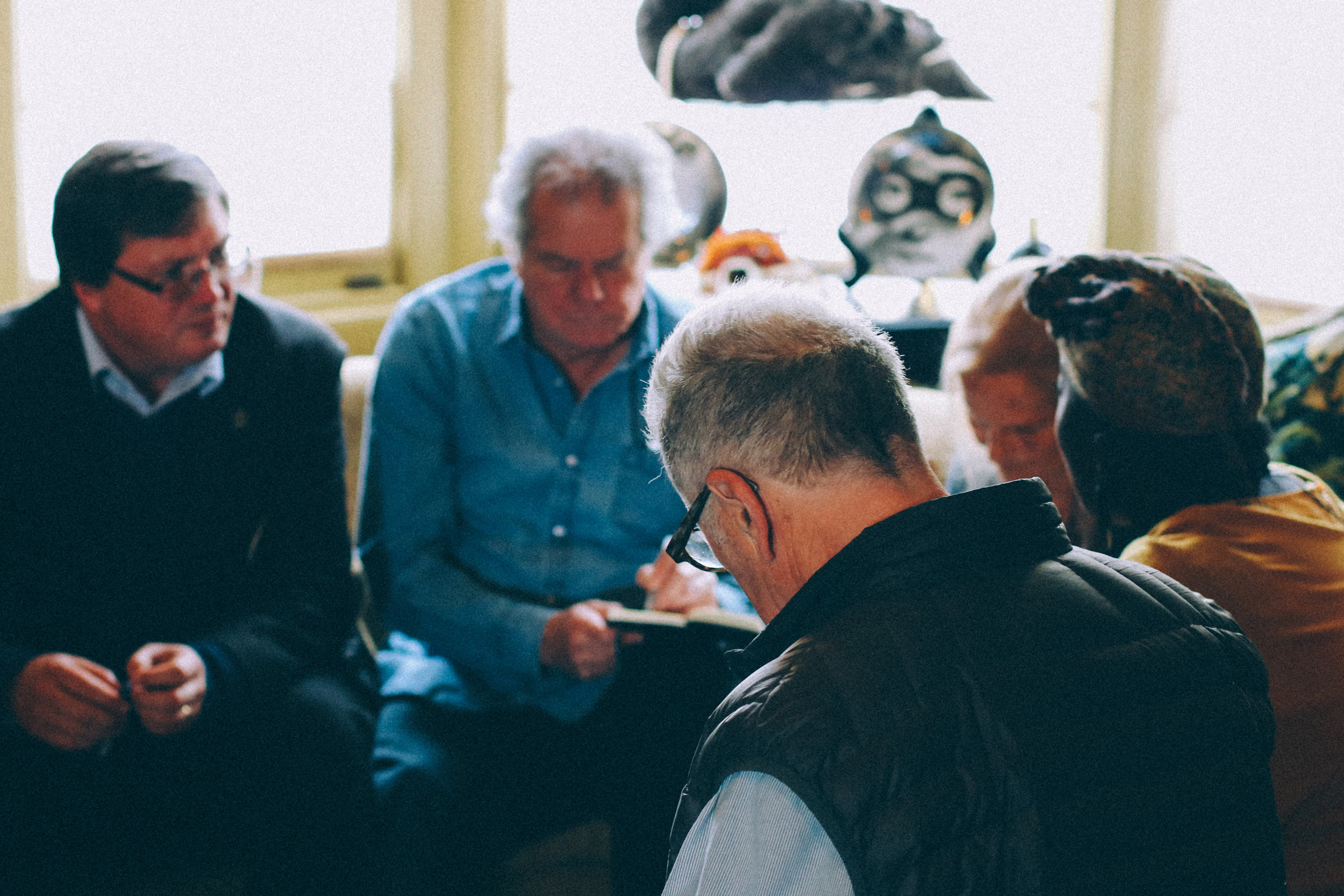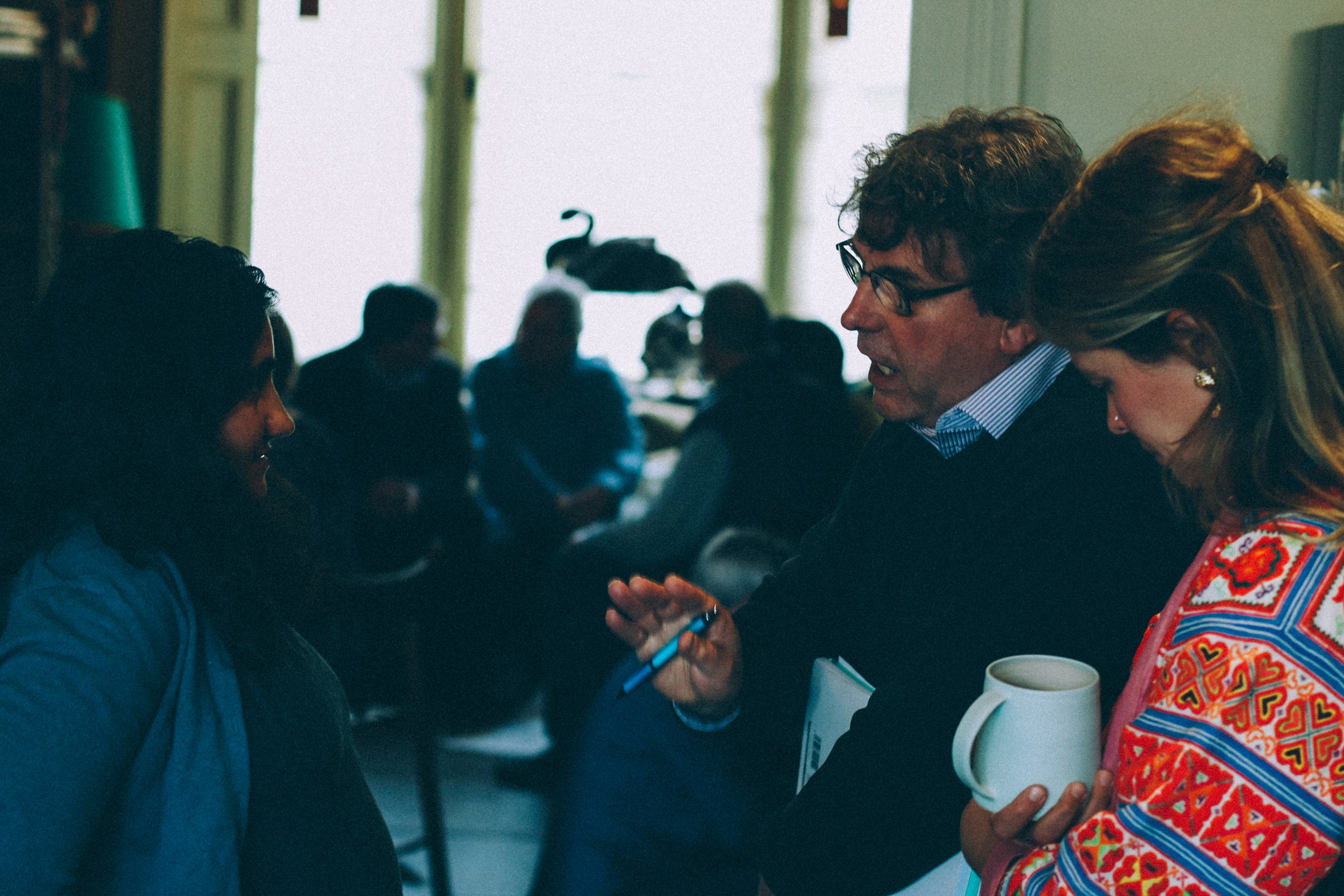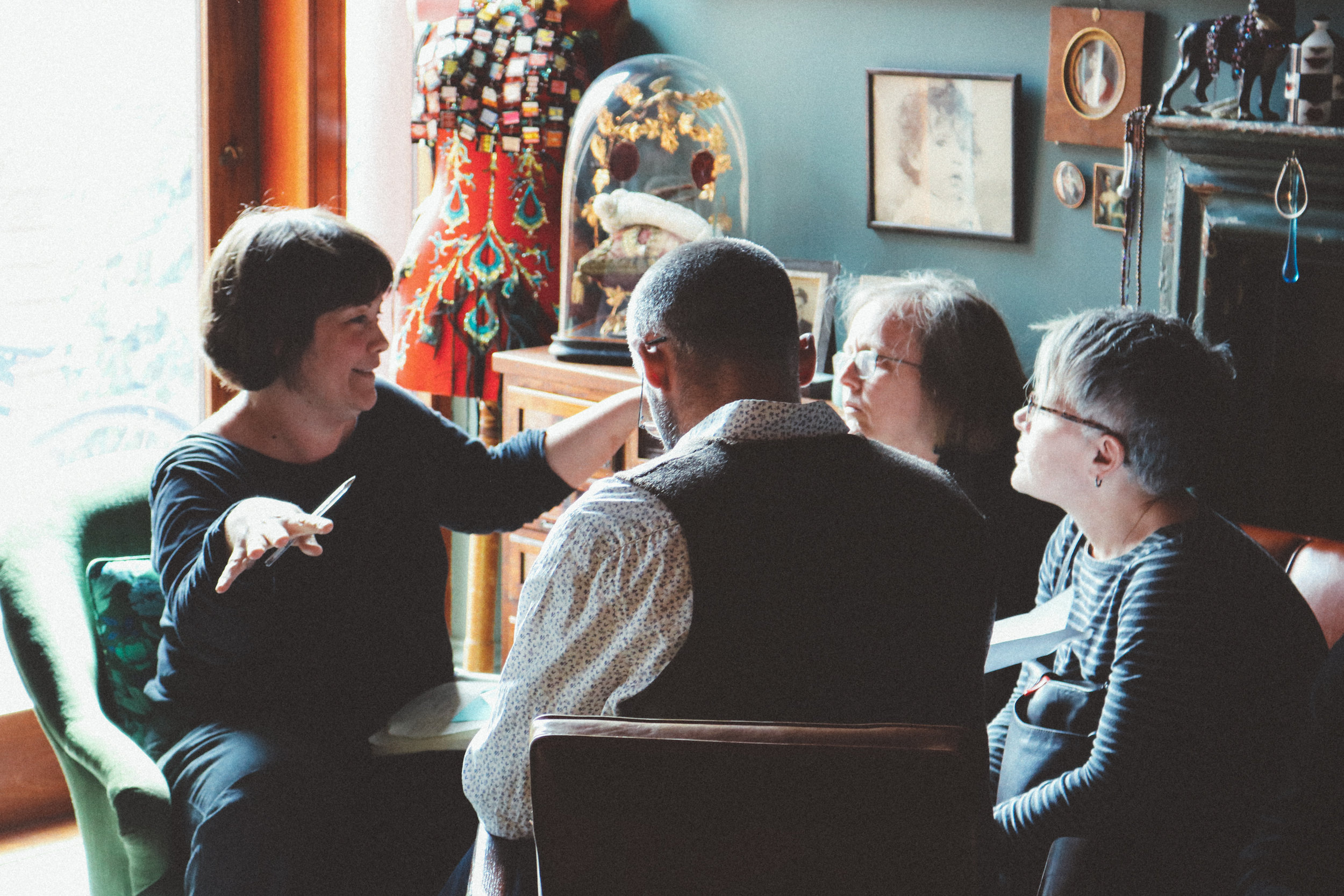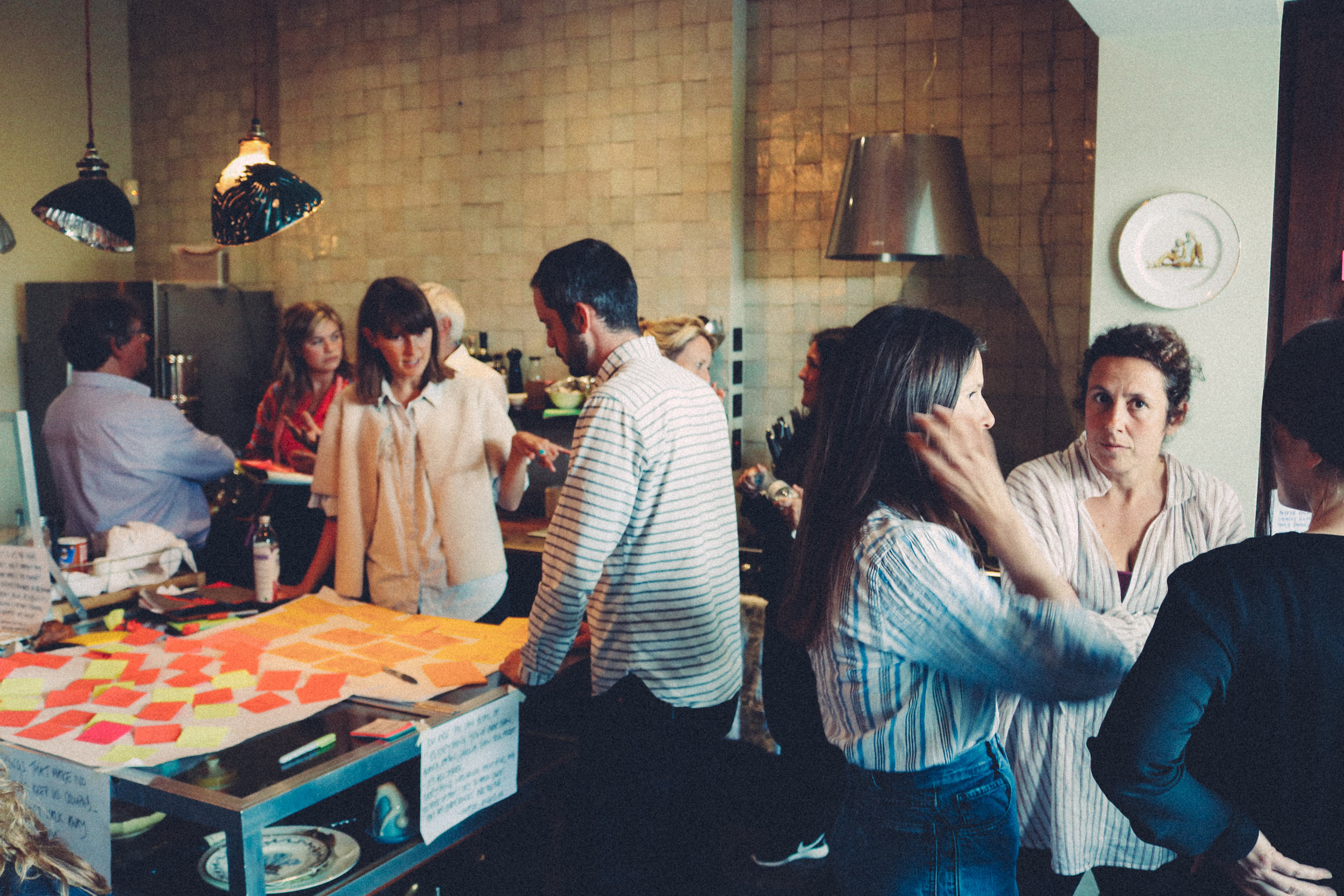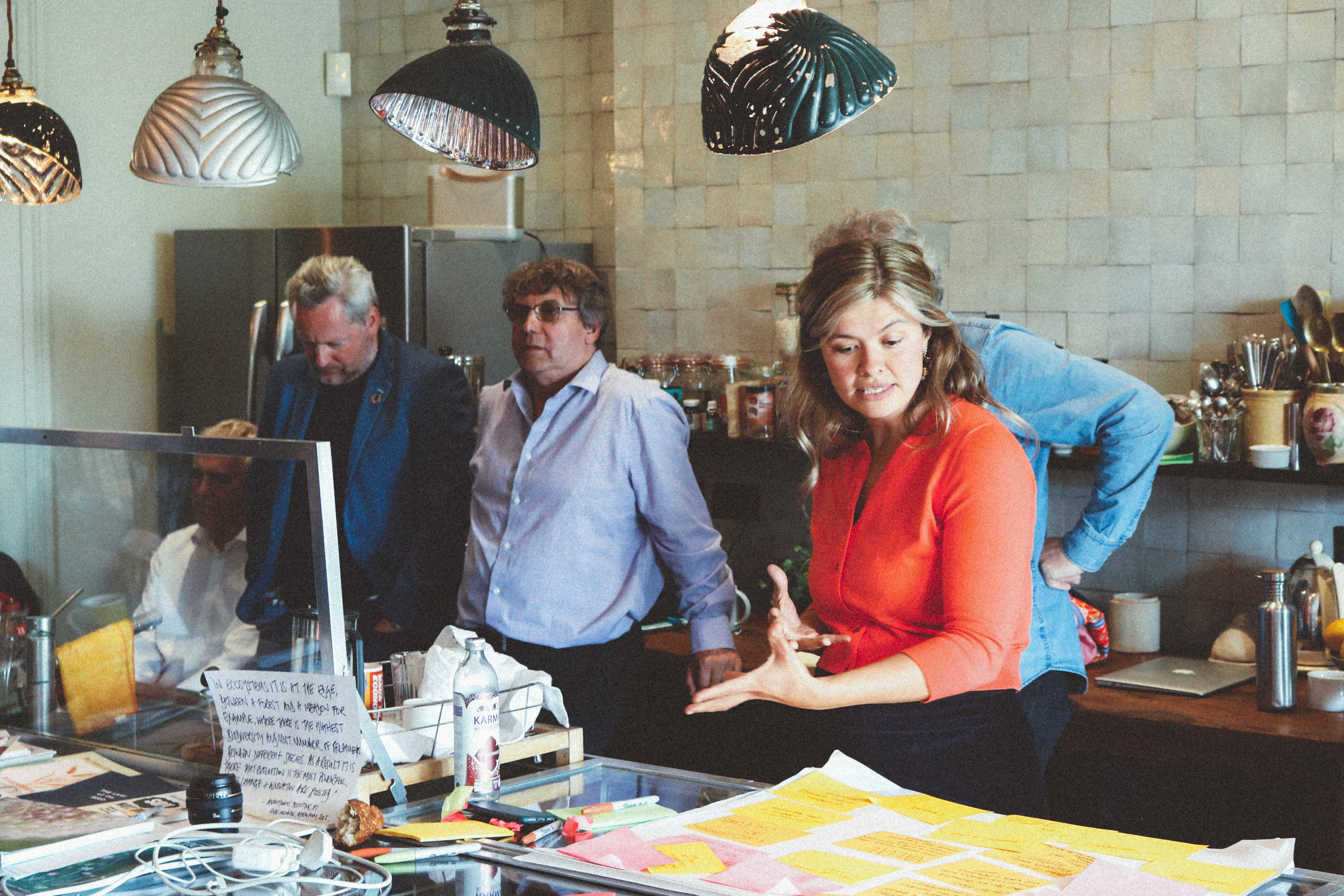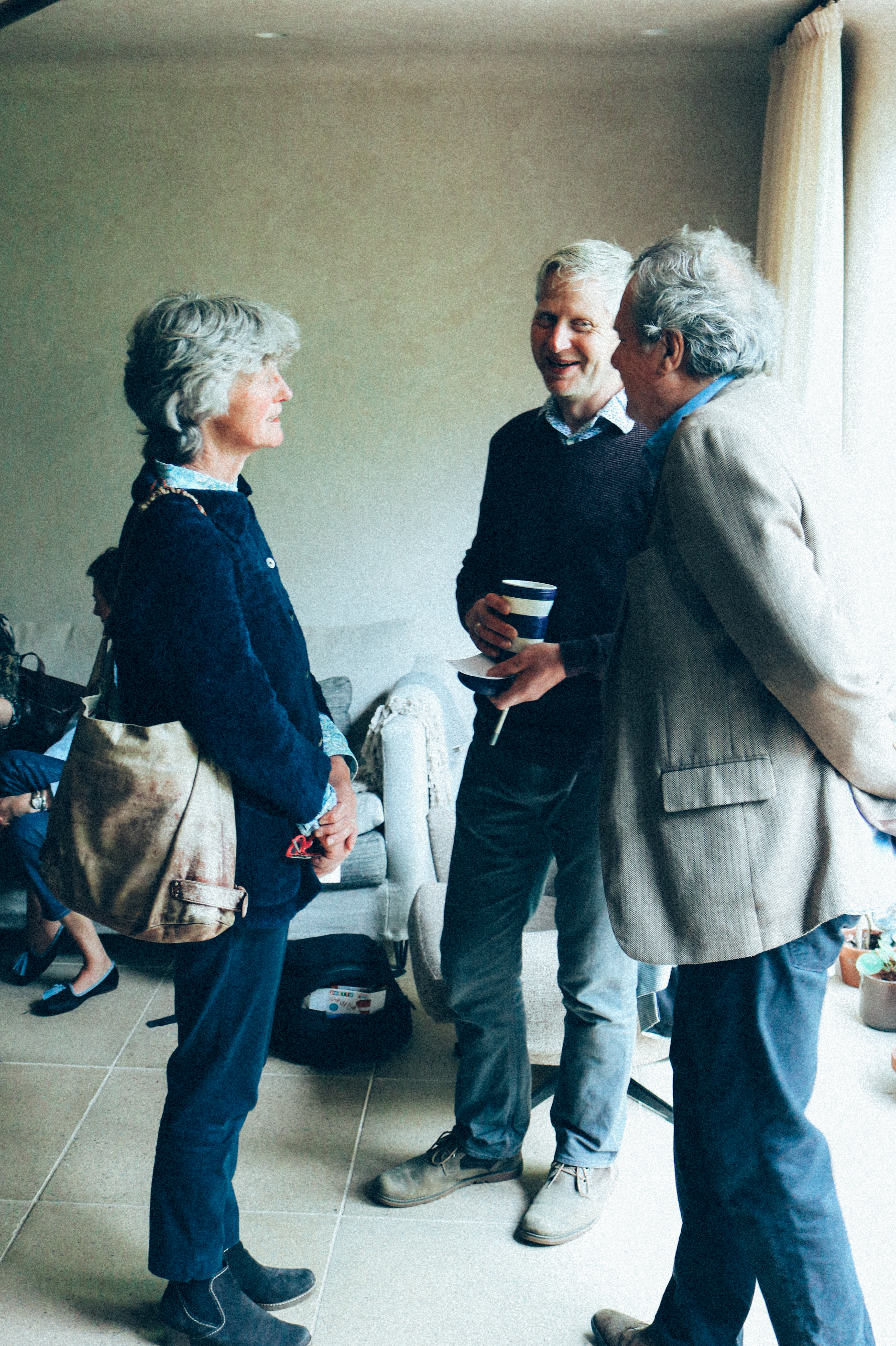10 Covid crisis responses, funded by Farming The Future, that rose to meet the many challenges of the moment with short-term solutions that lead to long-term regenerative resilience.
Coronavirus exposed many cracks in the food system on which we depend. The few supermarket chains relied upon to keep food flowing onto shelves were flooded with pressure and those cranking the strained supply chain named key workers. Nations prioritised their own food supply and global imports stalled, as the UK entered its ‘growing gap’ and the fragility of our food security entered the headlines.
In the fields farmers grafted harder than ever, planting complex growing systems whilst responding to unprecedented demand for food and rapidly reorienting their routes to market. Meanwhile, farms felt the absence of seasonal workers due to international travel restrictions, as the national workforce was impeded by the pandemic.
With restaurants and markets closed by Covid, food needed to reach people in other places and new ways. The most vulnerable citizens, already more likely to suffer from food injustice, were left counting on the kindness of their communities, dependent on desperate food banks, or relying on the army to deliver emergency food parcels without the nutrition needed during a health crisis.
Farming The Future launched an emergency response fund for organisations on the frontline, to support short-term crisis solutions with long-term strategies for future crises, fortifying the UK’s food security and regenerative food movement. Applications were invited from groups previously funded by FTF partners - The A Team Foundation, The Roddick Foundation, Samworth Foundation or Thirty Percy Foundation - so they could be accepted in a flexible format and processed swiftly, recognising the urgency and pressure already weighing heavily on organisations.
We’re proud to share the 10 projects that received funding with you here. If you would like to know more about the work, please feel free to email Robert@ateamfoundation.org
A support network for new ways of working
Project lead: Community Supported Agriculture Network
Partners: FarmEd, Land Workers Alliance, Organic Growers Alliance, Soil Association
Providing urgently needed business advice to the food and farming community was a priority, with several mentorship project applications being submitted. Farming the Future therefore brought together a handful of organisations and asked them for a coordinated response to the Covid crisis. A support network was formed between the Community Supported Agriculture Network (CSA); a cooperative membership scheme that promotes fair and transparent food production, FarmED; a regenerative farming and sustainable food education centre, the Land Workers Alliance (LWA); a union of farmers, foresters and land-based workers, the Organic Growers Alliance (OGA); a peer-to-peer support network of growers, and the Soil Association; collaborating with organisations and individuals across the food and education system to promote organic food and farming since 1946.
The project provides education and advice to growers and food businesses having to rethink their business structures due to the pandemic. Using their different strengths, expertise and audiences, the organisations designed a package of support to cover diverse issues using various formats, cross-promoting and signposting to one another, to make it as accessible as possible. In this way, a stronger support network was provided for the growing community at this time of need.
Knowledge shared through the network included tools for setting up a CSA or box scheme, stories of positive, diverse Covid responses from growers and communities to inform and inspire, expert advice from Soil Association producer and supply chain teams, and an extension of their Food for Life Programme to support cooks in schools and care homes.
By coming together to help small-scale farmers and growers navigate the immediate crisis, the network is helping to keep quality food on forks, whilst building awareness and growing engagement in the regenerative food movement. By helping more people to adopt new methods and markets, the more resilient and thriving our local food system and environment will become in the long term.
Keeping the community kitchen cooking
Project lead: The Larder (Lancashire and Region Dietary Education Resource)
The Larder is a small social enterprise with a big vision of ‘food fairness for all’, promoting healthy, sustainable food whilst tackling food poverty and food waste. A café and catering business in Preston that cooks with local, ethical ingredients, the venue hosts local activist and wellbeing groups and is home to a food academy for learners including ex-offenders, Syrian refugees and low-income families, and trains community ‘Food Champions’.
Photo from The Larder
Swiftly transforming the community kitchen into a Covid response unit, The Larder delivers 50-150 nutritious meals a day to vulnerable members of the community who are referred by local authorities and charities. Supported by rapidly recruited volunteers and founder of the Granville Community Kitchen, Dee Woods, The Larder quickly set up and began ‘Cooking for our Community’ on 23rd March: the day that lockdown began.
Continuing to support local producers through procurement and working more closely with local charities and authorities, The Larder’s relationships have been nurtured during the crisis. As well as meals, The Larder began offering online cookery courses for the community, including a ‘Kids in the Kitchen’ programme, delivered to 36 families along with the ingredients for 10 recipes at Easter, in partnership with a local housing association.
FTF funding is contributing to The Larder’s immediate community Covid response, which will include a cookery programme for 120 families over the summer holiday, and the continued provision of nutritious meals for those in need until the end of the year. A long-term recovery strategy aims to create community food independence and empowerment, including expansion of online resources and working with local government and Syrian Resettlement programme to support people who are even more vulnerable since the crisis hit, so that they will be food secure for the future.
Who Feeds Us? Stories from a Crisis
Project lead: Farmerama
The award-winning agroecology amplifier - Farmerama, asks the question that the Covid crisis raised for many: ‘Who Feeds Us?’ A collection of stories about people who grow and process our food, how they were affected by Covid, their hard work and incredible capacity for innovation, will make up a podcast series that aims to solidify the relationships built between the food community during the pandemic, nourishing them for the future.
Promoting those who came together to feed their communities in new ways, Farmerama will provide a platform for the underrepresented and diverse voices on the ground and at home, building bonds whilst developing awareness of the wider movement. By explaining the current state of our food system alongside responses and solutions, the dream of food sovereignty will be brought to life by mapping the paths carved during the pandemic that could lead to a resilient, new food system to serve us for many years to come.
In order to engage many more citizens in the subject of food sustainability, equality and economics, Farmerama’s plan encompasses niche networks, celebrity influencers, local and national PR, to promote the benefits of supporting local food producers, and the importance of a regenerative food system for everyone in society. We all need to eat, therefore we all need to know: ‘Who feeds us?’
Getting products from pasture to people during a pandemic
Project lead: Pasture-Fed Livestock Association
The Pasture-Fed Livestock Association (PFLA) certifies and promotes 100% pasture-fed meat and dairy in the UK; recognised and renowned for its highly nutritional quality, as well as environmental and animal welfare. PFLA members include certified farmers, butcheries and dairies who work with livestock that have been pasture-fed for their whole lives.
With the catering and restaurant industry closed for business, PFLA members had to find new routes to market. A shorter supply chain for people to buy directly from producers required a new level of operation and expertise that many small businesses lacked, including marketing, sales and delivery.
To help the pasture-fed community navigate the new supply chain, PFLA received funding to produce a package of support, including guidance for direct sales from the farm through to e-commerce, packaging and logistics. As well as being available for questions and advice, PFLA is also building relationships with larger sales platforms, advocating for its members to be represented, and supporting retail businesses in the promotion of pasture-fed produce.
The funding also enables PFLA to develop regional groups, identified by members as the best solution to supply chain issues, bringing together local farmers, butchers and retailers. This initiative is a leading example of the collaborative, local networks needed to drive resilient, thriving economies and communities, growing out of the regenerative food movement and found across the globe in emergency responses to Covid that could create long-term advances for climate, community and food justice.
Growing the community food connection during Covid
Project lead: Growing Communities
Growing Communities (GC) offers an equitable, community-led route to market for small-scale organic farmers through a local organic veg box membership scheme and farmers’ market in East London. With growing sites, training programmes, a network of like-minded retailers and a new model of wholesale supply, GC generate income for growers as well as enriching lives and caring for the planet.
At the onset of the Covid crisis, GC received a huge rise in demand from existing and new members for the healthy, immune-supporting, nutritious food it offers. Meanwhile, farmers were left with surplus, without food markets and restaurants to supply, and an urgent need for direct routes to market, such as the one provided by GC.
Covid created a whirlwind of staff safety regulation, creating a need for extra space to pack and store food safely. A buddy scheme was born for customers unable to collect their veg boxes, and GC home deliveries. These extra costs flew in at the same time as income from the stall and other outlets disappeared, so, despite increased revenue from sales, the books didn’t balance and the business suffered a loss.
GC found themselves to be considered an ‘essential service’ and their staff ‘key workers’, which validated the sustainable ethos of their business model whilst they continued supplying the community with fresh, nutritious food during the crisis. With funding to help recover the unexpected financial loss, GC’s purpose has been proven during this testing time, and can now continue to be cultivated by the growing trust and loyalty between farmers, suppliers and citizens.
A local compass for regenerative farming in public procurement
Project lead: Farming and Wildlife Advisory Group
Partners: Boomcircle, National Farmers Union, Countryside Community Research Institute, Sustainable Food Trust
The Farmland Wildlife Advisory Group (FWAG), a Gloucestershire-based charity formed in the 1960s, was created by a group of forward-thinking farmers who recognised the health of the environment as a key for success in farming. FWAG provides trusted, independent advice to the farming community, on how and why to improve and benefit from the environmental value of their land within the current climate.
With food in the limelight during the Covid crisis, the long distance between people and places where food is grown has been shown up. County councils are starting to ask what they could do to safeguard the food security of their communities for the future; cue regenerative farming entering the conversation.
‘The Compass Project’, funded by FTF, includes a FWAG template for ‘Dynamic Procurement Systems’ that invites local authorities and regenerative food businesses into a circular model for regionalised economic recovery. This initiative encourages public institutions such as schools and hospitals to serve locally sourced, nutritious food, as well as investment into regenerative agriculture.
The stimulus aims to increase short-term confidence of an economic recovery for food and farming industries, whilst hospitality and tourism get back on their feet. Longer-term, it stimulates the sustainable growth of a local economy, creating jobs, innovation and resilience, as well as producing human and environmental health benefits. This compass for public food procurement hopes to guide other regional authorities towards building a regenerative food industry, paving the way from Gloucestershire across the country.
Providing Manchester people with Manchester veg
Project leads: The Kindling Trust
Partners: Veg Box People and Manchester Veg People
The Kindling Trust projects encourage the growth of local organic veg, which, working alongside Manchester Veg People (MVP) and Veg Box People (VBP) - co-ops of local growers, buyers and workers, is supplied to people, restaurants and caterers. This family of not-for-profit social enterprises champions a fairer, sustainable, Manchester-based food model that values the land and people growing food regeneratively.
FTF funding is aiding a long-term expansion of this veg box scheme, as an emergency response to the Covid crisis. Demand for VBP’s veg boxes exploded to include those struggling to access food, as collection points closed, and MVP’s orders disappeared with the orders from restaurants and institutions. Meanwhile, The Kindling Trust had to start planting at the same time as losing the volunteer base.
Responding to the needs and challenges of lockdown, operations were reorganised to provide home delivery, social support and Covid-proof volunteer opportunities. Continuing to supply veg box members and accept some new subscribers, the expansion will enable the enterprises to support and engage others who haven’t accessed their fresh organic local veg before, with more packing space, more people to pack and more time to publicise it.
This crisis has only strengthened the working relationships, reach and value of The Kindling Trust, MVP and VBP’s work in the community. The growth in membership and operation of the box scheme, with ongoing promotion and awareness, will retain its worth well beyond the Covid crisis across the changed landscape.
Levelling the growing field in a time of crisis
Project lead: Land Workers Alliance
Project partners: Community Supported Agriculture Network, Better Food Traders, Independent Food Aid Network, Open Food Network
Land Workers Alliance (LWA) is a union of farmers, foresters and land-based workers that aims to improve livelihoods, food and land-use systems. Picking up on data collected during the Covid crisis showing a 113% increase in demand for veg boxes, LWA received funding to provide strategic support for veg box producers.
LWA worked with the CSA Network to identify 6-8 diverse food businesses embedded in their local communities, that can respond quickly to this and future food crises, but, despite growing demand, are reluctant to take out loans due to the recession. A mix of rural and urban farms with links to a community kitchen or food aid scheme will receive grants to help them reorientate, increase production and improve access to food.
Grants require the farms to incorporate agroecology and access to food for vulnerable people or key workers through the Independent Food Aid Network. Measures of the initiative’s success are being delivered to DEFRA - policy makers in England and Wales, whilst stories from the project are harvested for PR campaigns that encourage people to stick with local suppliers and veg boxes, and promote the benefits of regenerative farming. A short-term response to this crisis, this strategic collaboration supports community-focused solutions for the long-term transition into a sustainable and more equalised food system.
Ensuring the seeds of food sovereignty continue to be sewn
Project lead: Gaia Foundation
The Gaia Foundation’s seed sovereignty programme works with organic seed growers and distributors to enable the transition to agroecological farming across the globe. Projects involve training new growers as well as raising awareness and creating understanding of seed sovereignty, and its role in creating regenerative, transformative change.
In the light of the Covid crisis on the precarious, unfair and unsustainable nature of our current food system, demand for organic seeds increased by up to 600%, as people tried to take food security into their own hands and land. The small businesses that produce and trade seeds found themselves overwhelmed by demand, struggling to fulfil supply whilst also cultivating next year’s crop with reduced capacity (due to self isolation / physical distancing).
FTF funding will provide the means for Gaia-supported producers to grow their operations efficiently, so they can package and distribute more seeds more easily, and ensure the cultivation of seeds for next year and many years to come. Sustainable growth will allow the seed sovereignty movement to keep up with the momentum being gained by regenerative farming following this crisis, for a more food secure future.
Market Garden Cities creating Capital Growth
Project lead: Sustain
Sustain, ‘the alliance for better food and farming’, has supported thousands of London food gardens for over a decade, working with land-owners, growers, community enterprises, councils and local government. A survey of its network during the Covid crisis confirmed an increase in the demand for fresh fruit and vegetables, and, despite physical distancing, the importance of keeping gardens open to grow more of them.
Sustain turned to its ‘Capital Growth’ network, consisting of commercial peri-urban farms, small community gardens and individual plot-style spaces on estates, to create a pilot ‘Market Garden City’. Funded by FTF, communities of skilled growers, local volunteers and distribution networks are coming together around 50 gardens. Data from the project is being harvested for a scaling-up report of the initiative.
Aiming to increase the production and distribution of fresh food in the wake of Covid, Sustain will develop the blueprint longer-term by its ‘Sustainable Food Places’ programme, and ‘Good to Grow’ national networks. As this crisis demonstrates the urgency of urban growing for feeding city dwellers, and local authorities become more engaged in community enterprise, it’s the perfect time to implement projects that reveal and realise the potential for a localised, resilient, regenerative future food system.




